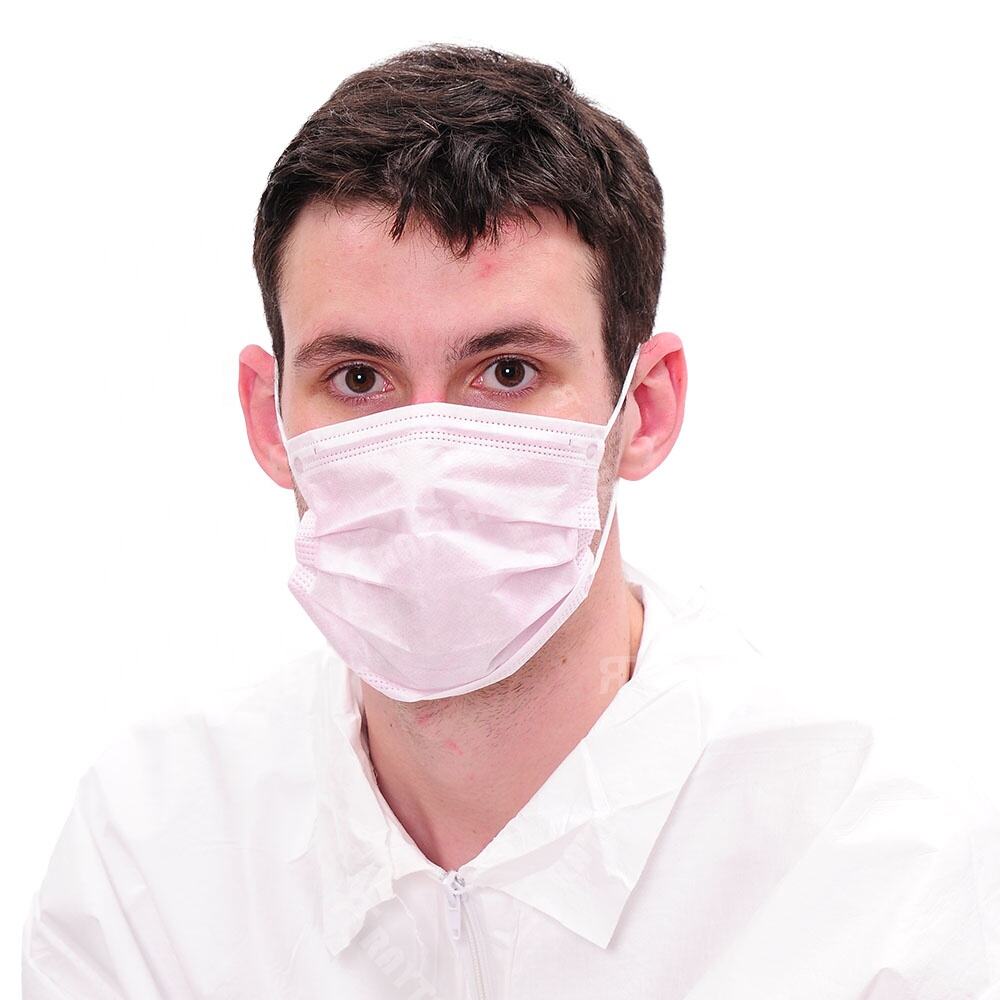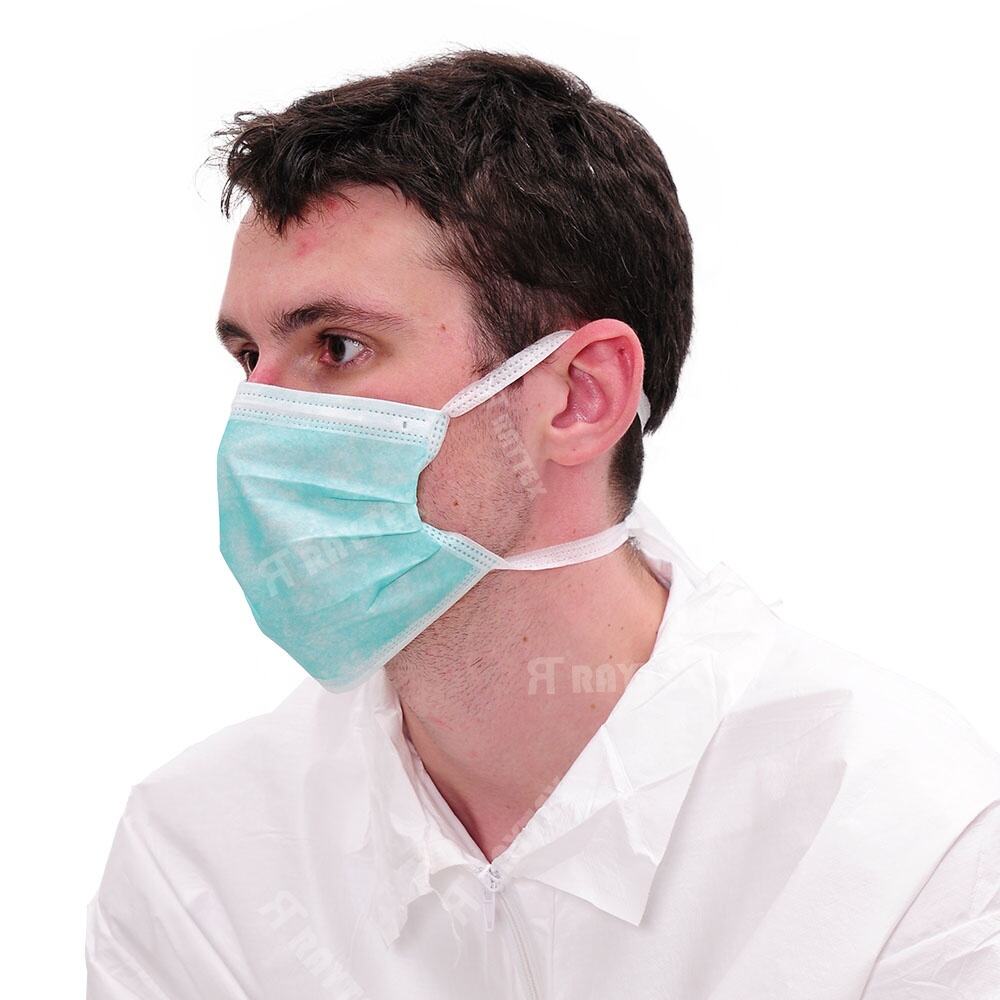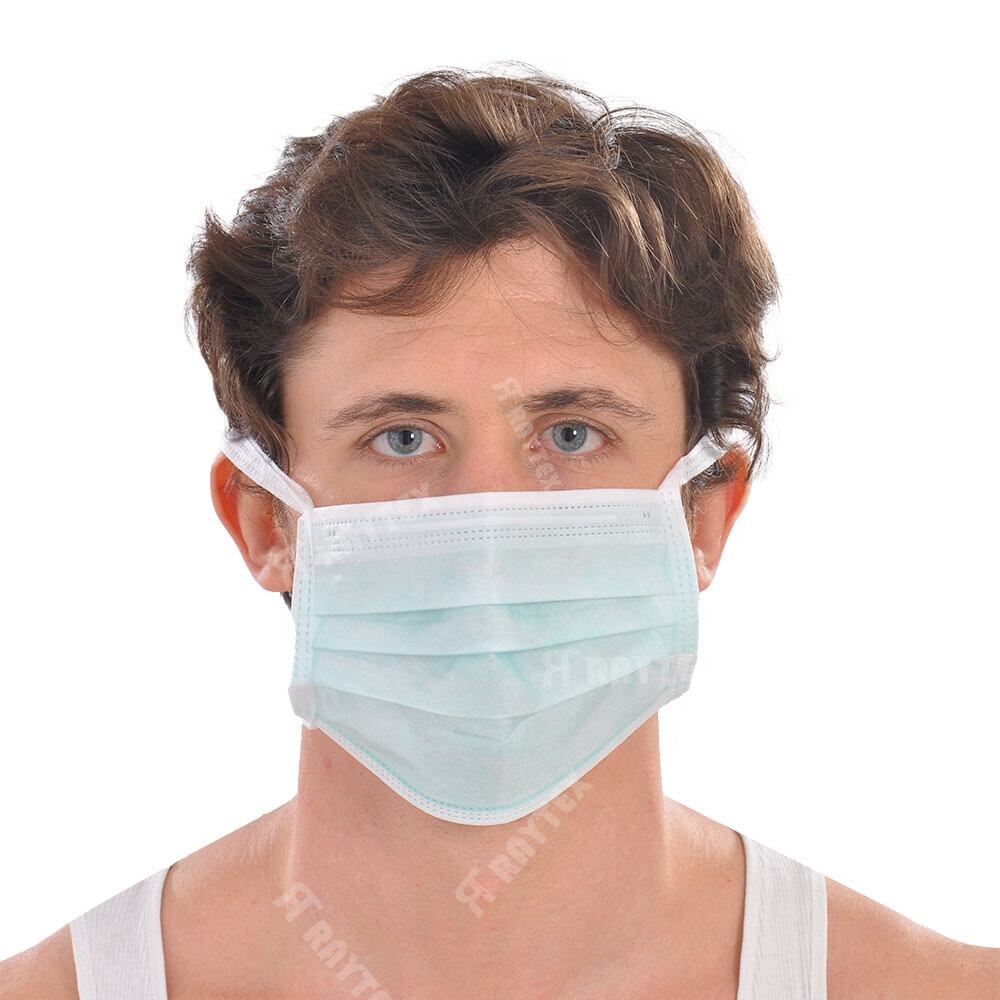Face masks for pharmaceutical particle protection are specialized respiratory devices designed to maintain sterility in pharmaceutical manufacturing, laboratory, and compounding environments, where even minute particles can compromise product integrity or worker safety. These masks are engineered to filter both airborne particles generated by workers (e.g., skin cells, hair) and external contaminants (e.g., dust, microbial agents), adhering to stringent standards for filtration efficiency and low particle shedding. Constructed from advanced non-woven materials—often a combination of spunbond and meltblown polypropylene—they feature multi-layered designs that achieve high-efficiency particulate air (HEPA) or N95/N99 filtration, capturing 95–99% of particles as small as 0.3 microns. This level of filtration is critical in cleanrooms classified as ISO 5 (Class 100) or higher, where pharmaceutical products like injectables, biologics, and sterile APIs are manufactured. Design elements prioritize both protection and precision: a contoured, cup-shaped structure ensures a tight seal around the nose and mouth, with adjustable head straps (rather than ear loops) to maintain fit during extended wear. Many models include a nose clip and a soft, foam nose cushion to enhance comfort and prevent air leakage, which could introduce unfiltered air. The materials are lint-free and low-shedding, tested to ensure they do not release fibers that could contaminate drug products or equipment. Compliance with regulatory standards is rigorous, with masks meeting FDA requirements for medical devices (21 CFR 880.6390) and EN 149 (Respiratory protective devices—Filtering half masks to protect against particles) for CE marking. They are often sterile-packaged and gamma-irradiated to eliminate microbial contamination, suitable for use in aseptic processing areas. These masks also protect workers from inhaling potent pharmaceutical ingredients, such as cytotoxic drugs or allergens, reducing the risk of occupational exposure. By integrating them into personal protective equipment protocols, pharmaceutical facilities ensure compliance with Good Manufacturing Practices (GMP), minimize batch failures, and protect both product quality and employee health, making them indispensable in maintaining the integrity of pharmaceutical supply chains.


